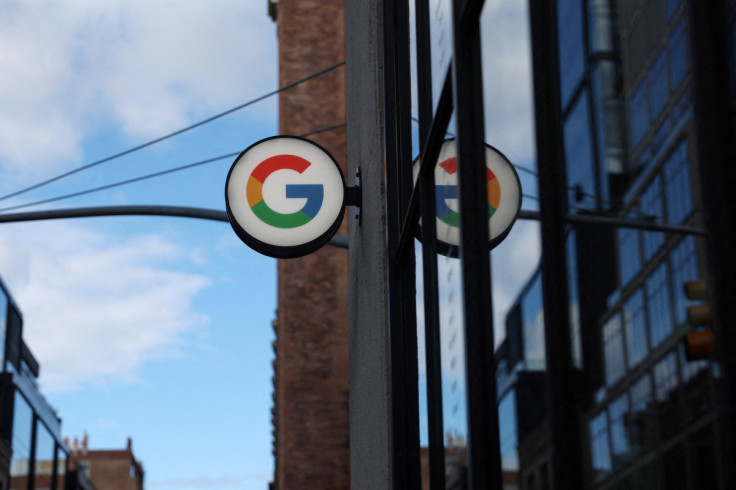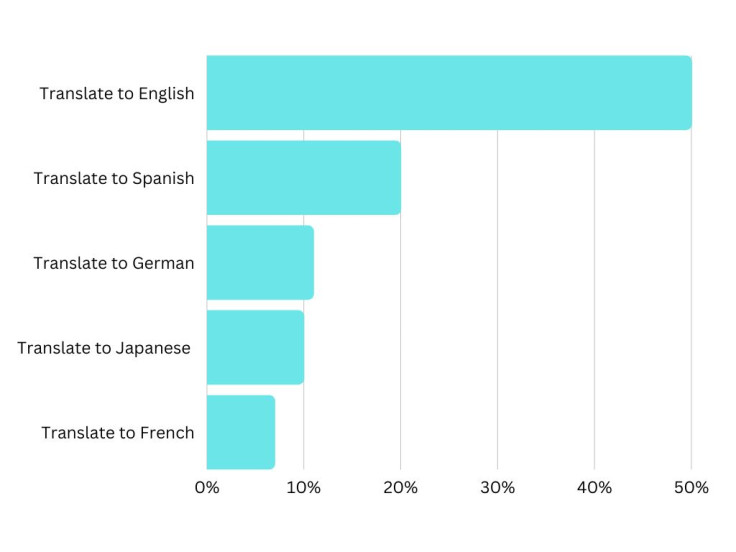ChatGPT is making life easier for developers, while Google's Bard loses over £85 billion
AI-assisted writing software ChatGPT is making great strides in not only increasing efficiency of work but also by enhancing the quality.

You'd have to be living under a rock to have missed Alphabet's spectacular nosedive on the NASDAQ on Wednesday, wiping over £85 billion off the Google parent company's market value.
The culprit: a rushed unveiling of Bard, an AI search assistant used to generate text summaries of search results. In a promotional video released by Google, Bard gave the wrong answer to the question "what new discoveries from the James Webb Space Telescope can I tell my 9 year old about?"
It is Google's so-far underwhelming answer to Microsoft's ChatGPT, the talk of the town in Silicon Valley and beyond.
The saga highlights the ways in which AI is set to revolutionise our daily tech usage, not only at home, but perhaps more importantly, at work. Whilst ChatGPT is better associated in the public consciousness with the silly songs, poems or letters many have been using it for, it is not rivalling Shakespeare or JK Rowling just yet.
Amongst the more immediate boosts it is set to provide, particularly in professional environments, is how it can make our work output faster as well as higher-quality: no more missing out on Friday eve drinks with co-workers.
New data analysis from Craft Documents, a note-taking and word-processing app that helps elevate work through various AI-assisted features, has revealed the top uses of GPT3 AI - the technology behind Microsoft's ChatGPT.
AI has made huge strides in its ability to generate human-like text. As platforms start integrating large language models such as ChatGPT and GPT3 into their applications, the way we work is also changing. Craft's research is a window into the ways in which artificial intelligence is enabling this shift.
The analysis is based on aggregated and anonymised data across Craft's platform. It highlights how consumers are using AI in their documents, including which elements of GPT3 AI see the most usage.
A spokesperson for Craft highlighted the wide range of applications to which developers could deploy GPT-3 models, with the potential to unlock huge value for businesses and organisations:
"There are many potential uses for GPT-3 AI, such as creating chatbots, aiding with language translation, summarising articles, providing automated customer support, and identifying trends.
"As this technology continues to develop, content creation is one of the biggest areas of opportunity. AI-based writing tools allow users to create high-quality content quickly and efficiently, aiding the process from idea generation all the way through to the final content."
With 83% of companies considering AI as a top priority in their business strategy going forward, and document platforms growing in popularity for individuals and organisations, there is huge potential for integration in this space.
Most Popular AI-Assisted Writing Features
The data reveals users utilised the 'summarise' feature most frequently, making up 20% of usage, allowing creators to select the document and request the AI tool to summarise the content into a condensed version.
Closely following was the 'continue writing' option (18%), a feature where the user selects what they have written so far, or provides a sentence, and the AI assistant expands on the content.

The tool was also very popular for writing full articles and brainstorming ideas - as well as translating content. Of the translated content, English made up 50% of translations and Spanish made up 20% of translations, making them the most commonly 'translated to' languages.

The use of these tools and features allows for greater efficiency, giving users valuable time back. AI also offers better quality control by identifying and editing mistakes and giving options for rephrasing.
Experienced copywriters and creative talent may not fear obsoletion just yet, for AI has not thusfar produced anything to rival the Carmina Burana. In the meanwhile, what it can do is act as a tremendous aid in helping produce content and streamline the way we work.
© Copyright IBTimes 2025. All rights reserved.






















